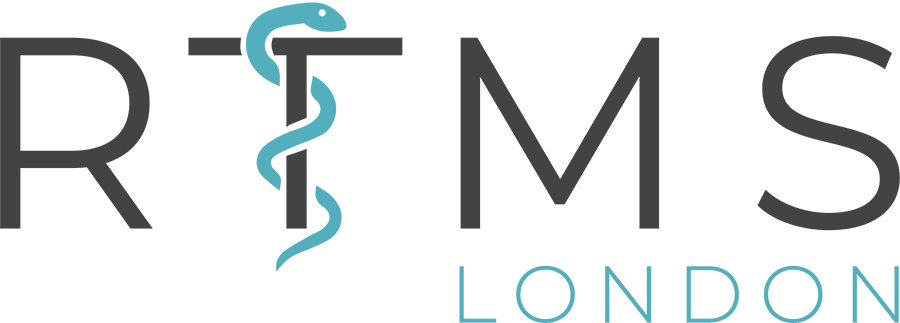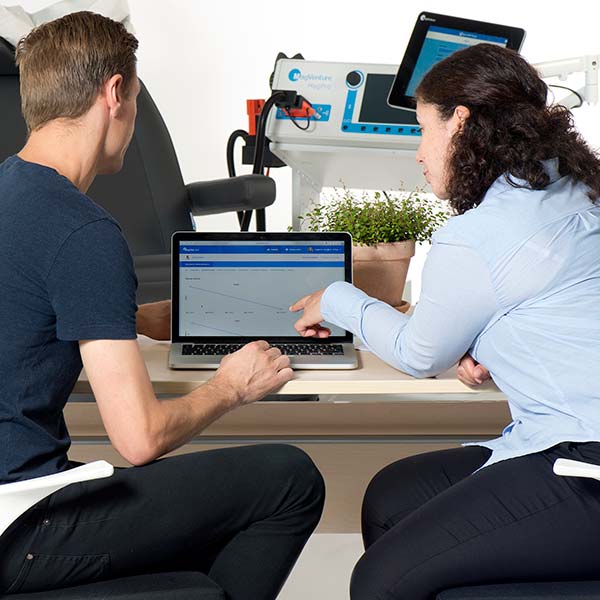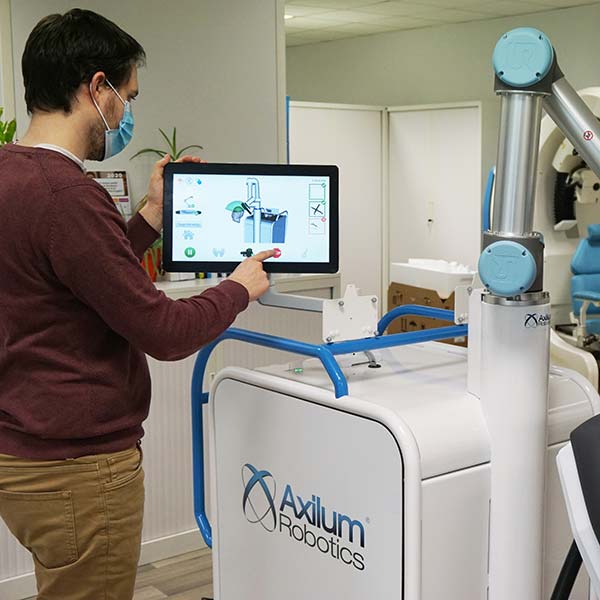
Who is rTMS for?
Although rTMS can be used to treat a number of conditions, at rTMS London we specialise in the management of both fibromyalgia syndrome (FMS) and widespread chronic pain.

Consultant rheumatologist Dr Stephanie Barrett has worked with people suffering from FMS and chronic pain for over 25 years. Over this time she became frustrated by the lack of effective treatment options available for these conditions, leading her to keep an eye on the latest research into new therapies. This enthusiasm for innovation led her to discover the exciting potential of rTMS, which finally offers hope of medication free pain relief for sufferers of these devastating conditions.

Fibromyalgia Syndrome
This can be a notoriously difficult condition to diagnose, with symptoms varying between individuals, and no blood test or scan available to give a clear diagnosis. Sufferers usually report widespread bodily pain, fatigue, sleep disturbances and brain fog, with IBS, depression and anxiety commonly present as well. At RTMS London we use the latest diagnostic criteria to help determine whether or not you have this condition, and use our many years of experience to help you decide whether rTMS is the right option for you.

Chronic Pain
Chronic pain is defined as anything lasting for more than 12 weeks. It can follow on from an initial injury, or begin for no apparent reason. Research suggests that after this period of time, changes begin to occur in the areas of the brain responsible for processing pain, meaning that treatments to the affected area alone may struggle to provide relief. If you have tried physical therapy without success, or are tired of taking daily painkillers, rTMS may be the answer. Our multidisciplinary team will work with you to find the best possible treatment approach for your individual needs, and help you on the path to a pain free life.
Screening
Before any treatment takes place, you will see Dr Barrett for a consultation, where the following steps will take place:
- You will be thoroughly examined to ensure that your symptoms are not being caused by any other underlying conditions that may have been missed in the past
- You will be assessed using the most up to date criteria to confirm that your diagnosis is correct
- You will be screened to ensure that you are suitable for rTMS.
Our screening process takes into account the very latest research, and although there are very few people for whom rTMS is not safe, we are careful to ensure that we only apply it to those who are appropriate. People with cochlear implants, pacemakers or any other metalwork in their head, for example, are not suitable for rTMS, as the magnetic nature of the device can interfere with these implants and potentially cause problems. We are also not able to offer the treatment to people with epilepsy or unstable psychiatric disorders. If you are unsure whether you would be suitable for rTMS, please do not hesitate to contact us.
Although we do not offer rTMS for depression specifically, the protocol that we use is the same, meaning that many of our FMS patients experience significant improvements to their mental health, as well as to their FMS symptoms.
To find out more about whether rTMS may be able to help you, please contact our team who will be more than happy to help.
Get in touch


